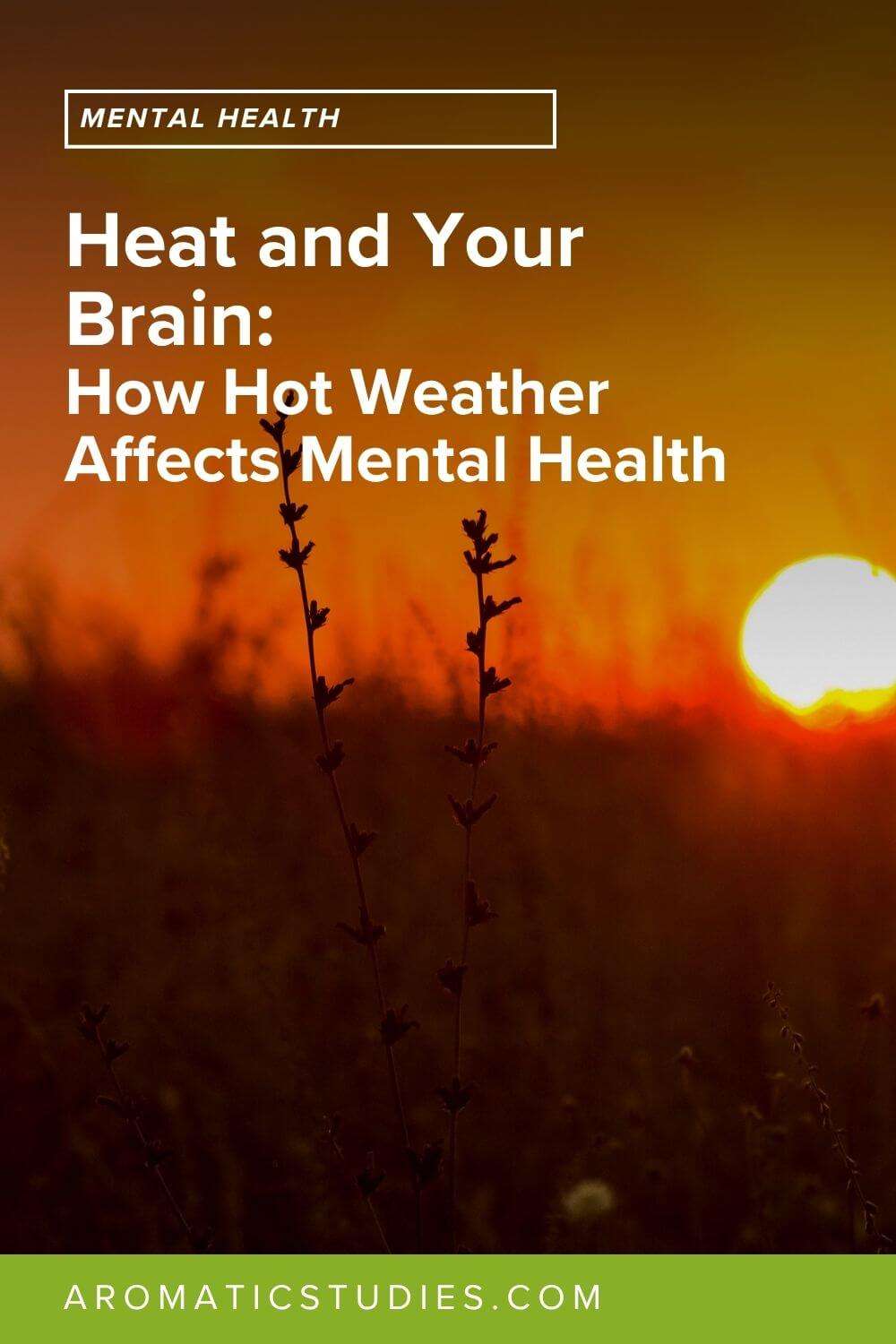When the Heat Gets to Your Head: How Rising Temperatures Are Messing with Our Minds
Summer’s blazing heat doesn’t just make us sweat—it’s also messing with our minds in ways we’re only beginning to understand. As global temperatures continue to rise and heatwaves become more frequent and intense, researchers are uncovering troubling connections between hot weather and our mental well-being. The deadly reality of this connection was starkly illustrated in recent weeks, as extreme heat across Europe claimed multiple lives, including tragic incidents in Spain, Italy, and France where temperatures topped 40°C. Meanwhile, across the Atlantic, nearly 130 million people in the United States found themselves under extreme heat warnings. From increased irritability to disrupted sleep patterns, the heat’s impact on our psychological health is more profound than many of us realize.
As global temperatures continue to break records year after year, researchers are discovering that extreme heat doesn’t just make us uncomfortable—it fundamentally alters our mental state, cognitive abilities, and emotional well-being.
The Heat-Brain Connection: It’s Real and It’s Complicated
When we’re exposed to high temperatures, our bodies work overtime to maintain a stable internal temperature of about 37°C (98.6°F). This process, called thermoregulation, involves complex interactions between our nervous system, hormones, and various brain regions. When an individual is sleep deprived, a functional deficit occurs between the amygdala and the ventral anterior cingulate cortex (vACC), which can result in decreased mood and can cause the amygdala to have heightened responses to negative stimuli.
Heat stress exerts a profound impact on the cardiovascular system and blood flow, but its effects extend far beyond physical discomfort. Elevated temperatures trigger vasodilation, widening blood vessels to dissipate heat, which can lead to reduced blood pressure and compromised circulation.
This redistribution of blood flow can affect how well our brains function, potentially impacting everything from decision-making to emotional regulation. There is also reduced concentration, irritability and mood swings because the body is diverting resources to regulate body temperature, along with impairment of melatonin production, leading to poor sleep.


